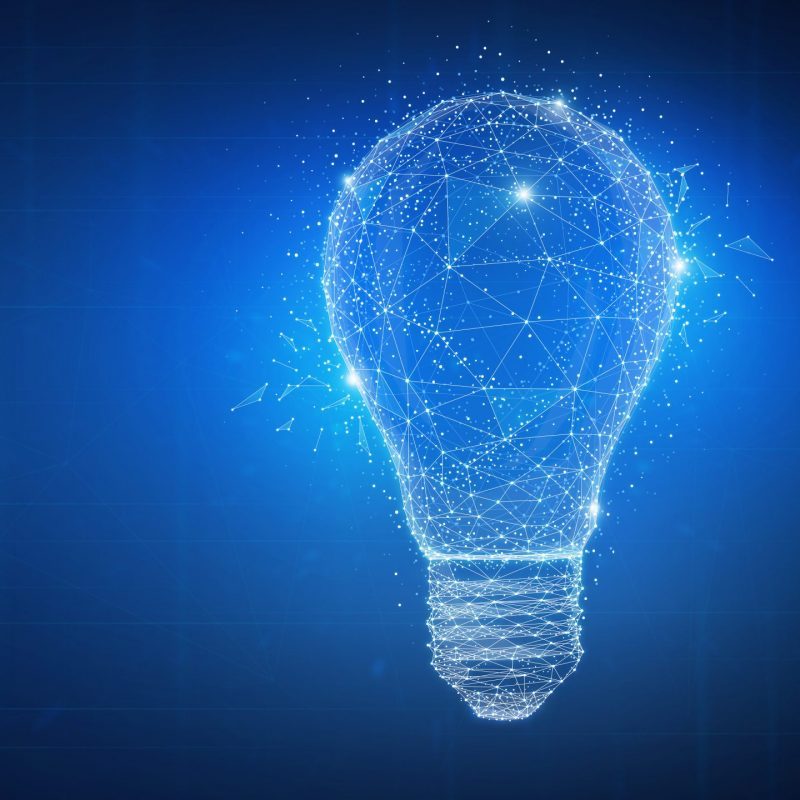Energy Systems Catapult is set to explore the viability of a “digital spine” concept for the UK energy system via a partnership with professional services firm Arup and the University of Bath.
The three organisations have been appointed by the Department for Energy Security and Net Zero (DESNZ) will carry out the six-month feasibility study into the concept that could bolster energy efficiency for the UK.
The study was first announced by DESNZ in October 2022 and aims to establish the needs case for an energy system digital spine and its benefits in establishing a smart, flexible, decarbonised energy system and the data infrastructure required to deliver it.
A digital spine could allow the exchange of energy system data in a secure and interoperable manner via technical process and defined governance roles and responsibilities. In doing so, this could help digitalise the UK’s energy system and create a “smart, flexible energy system that can improve energy security and deliver net zero at a lower cost”, DESNZ said.
The energy system digital spine feasibility study is a sub-programme of DESNZ Flexibility Innovation Programme, which is seeking to enable large-scale widespread electricity system flexibility through smart, accessible technologies and markets.
The study aims to involve comprehensive stakeholder identification and engagement throughout, Energy Systems Catapult said. It will look to establish the potential scope of a digital spine, the data infrastructure required to deliver it and provide evidence to inform future policy regulation and innovation development.
Evidence provided as a result of the study will inform regulation and innovation development in relation to potential future energy digitalisation requirements in the UK, the companies confirmed. It will also help with policy development.
“The UK needs to radically rethink how it invests in, and manages, its energy system to better deliver for consumers, contribute to net zero, and to safeguard our energy supplies. With thousands of low carbon technologies expected to connect to the grid in the coming months and years ahead, complacency is not an option,” said Dr Richard Dobson, head of digital and data at Energy Systems Catapult.
“The digital spine feasibility study will help to unlock the clean growth opportunities of a smart, flexible energy system. Innovative thinking and design will be crucial to revolutionising our approach to energy management. This is a genuinely exciting time for the energy industry, so, alongside our partners at Arup and the University of Bath, we’re delighted to be taking the first steps towards the digitisation of our energy system.”





